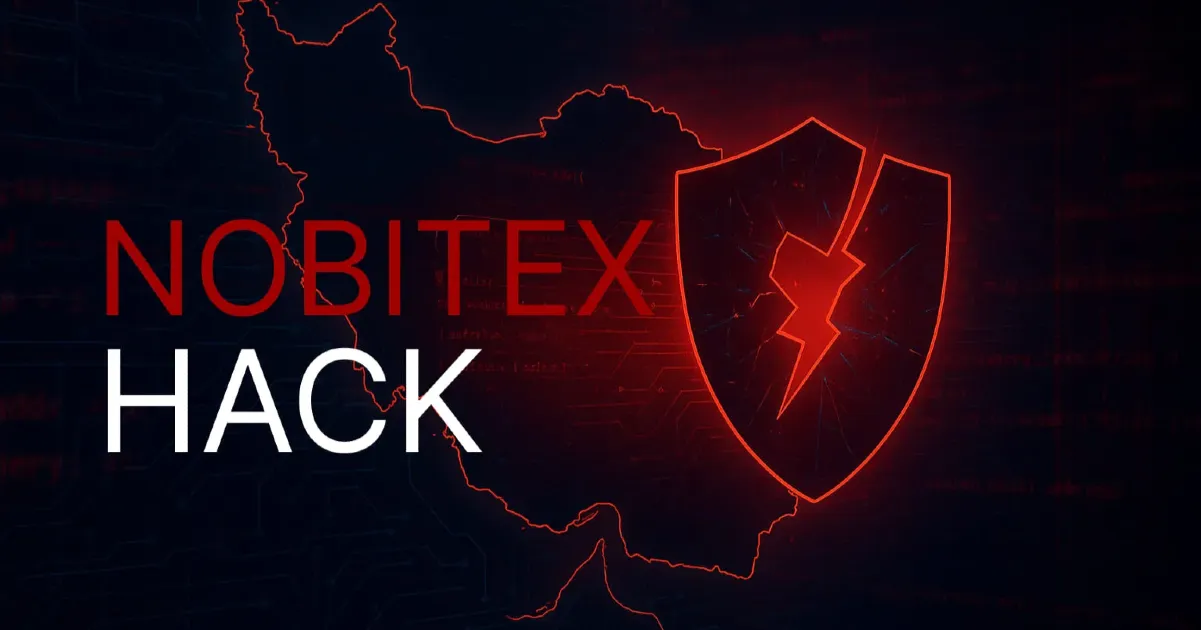In a brazen strike, Iranian crypto exchange Nobitex was exploited for roughly $82 million by the hacktivist collective Gonjeshke Darande, which is believed to have links to Israeli intelligence.
In a brazen strike, Iranian crypto exchange Nobitex was exploited for roughly $82 million by the hacktivist collective Gonjeshke Darande, which is believed to have links to Israeli intelligence. The group claimed responsibility in a post on X (formerly Twitter), boasting, “After Bank Sepah, it was Nobitex’s turn,” as they warned they would release the platform’s internal data and source code within 24 hours—putting any remaining user assets in immediate jeopardy.
Nobitex, Iran’s largest digital-asset marketplace, confirmed the breach but stopped short of verifying the exact haul. Blockchain sleuths tracked suspicious outflows totaling $81.7 million across Bitcoin, Dogecoin, Tron’s TRX, and several EVM chains, all funneled into wallets bearing taunting vanity addresses like “ TKFuckiRGCTerroristsNoBiTEXy2r7mNX”
This assault follows a similar attack on state-owned Bank Sepah just a day earlier, marking a sharp escalation in cyber skirmishes between Iran and Israeli-affiliated actors. With the threat of a full source-code dump looming, Nobitex faces not only a massive financial hit but also a severe credibility crisis—as users scramble to secure their funds before the next wave of leaks.
In the early hours of Wednesday, on-chain investigator ZachXBT spotted a flurry of suspicious transfers totaling about $81.7 million. The funds moved through a mix of Tron’s TRX, Bitcoin and Dogecoin, before pooling into a single wallet branded with a taunting vanity address—TKFuckiRGCTerroristsNoBiTEXy2r7mNX
Nobitex acknowledged the breach on X but carefully avoided confirming the exact amount stolen. No technical details have emerged yet about how Gonjeshke Darande pulled off the exploit. What is clear is that this operation follows hot on the heels of a cyberattack on state-owned Bank Sepah just one day earlier, marking a striking escalation in the digital skirmish between pro-Israel hacktivists and Iranian targets.
Security analysts suspect the group has ties to Israeli intelligence and point to its past strikes on Iranian steel plants and fuel stations. Now, with a source-code leak looming and users scrambling to evacuate funds, Nobitex faces not just a catastrophic financial hit but a deep credibility crisis—one that could leave anyone still holding balances completely exposed.






